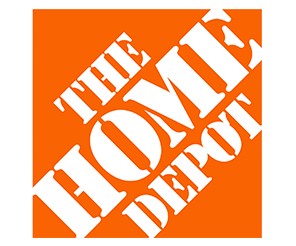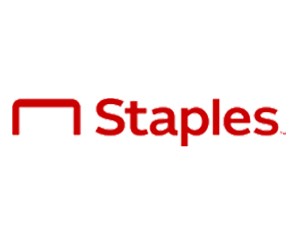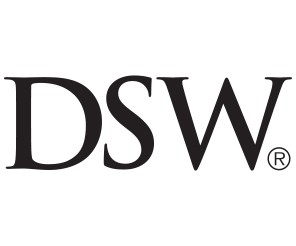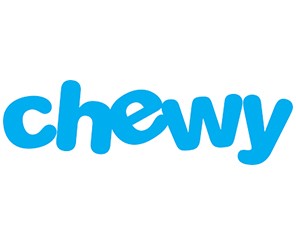US Markets Loading...
h
m
s
The last thing Elon Musk wants right now is barrelling toward Tesla
Friday's victory at Volkswagen in Tennessee represents a turning point for the United Auto Workers union as they gain strength to take on Tesla.
Billionaire Ken Griffin's firm calls Trump Media's CEO a 'loser' after criticism of short-selling
Trump Media's CEO is a "proverbial loser" for blaming DJT's stock crash on short-sellers, Citadel Securities said.
A top House Democrat wants to remove Trump's Secret Service protection if he's sent to prison
As a former president, Trump is currently entitled to Secret Service protection for life.
Here's what Apple will say if a US TikTok ban becomes law
Sometimes Apple (and other Big Tech companies) have to compromise to stay in business in other countries. It could happen in the US, too.
Video
New Episodes This Week
A woman lost 140 pounds by eating more protein — breaking a years-long diet cycle
A 38-year-old mom of two said she surpassed her weight loss goal after eating more high-protein foods like Greek yogurt to help her feel full.
Taylor Swift fans think new album tracks 'ThanK you aIMee' and 'Cassandra' are thinly veiled Kim Kardashian diss tracks
Taylor Swift appears to reference her feud with Kim Kardashian and her ex-husband Ye on "The Tortured Poets Department" tracks "thanK you aIMee" and "Cassandra" on "The Tortured Poets Department."
A dietitian who follows the Mediterranean diet shares 4 foods she always buys at the grocery store
A dietitian shares her grocery list for delicious, healthy meals on the Mediterranean diet, from protein-rich whole grains to a longevity superfood.
An agent explains the new fees homebuyers would pay after the real estate settlement
This New York real-estate agent isn't worried about sellers not paying commission. He's already implemented two new policies to replace those funds.





